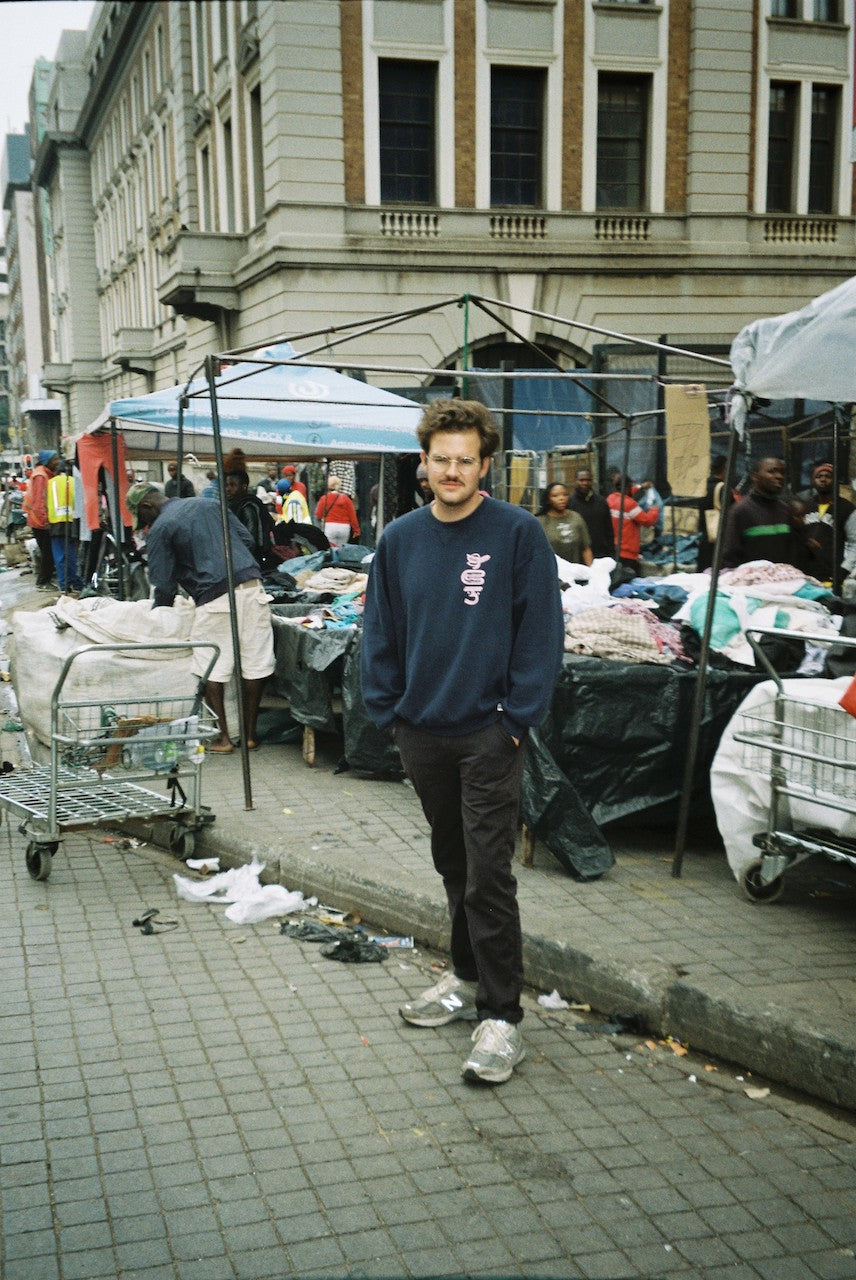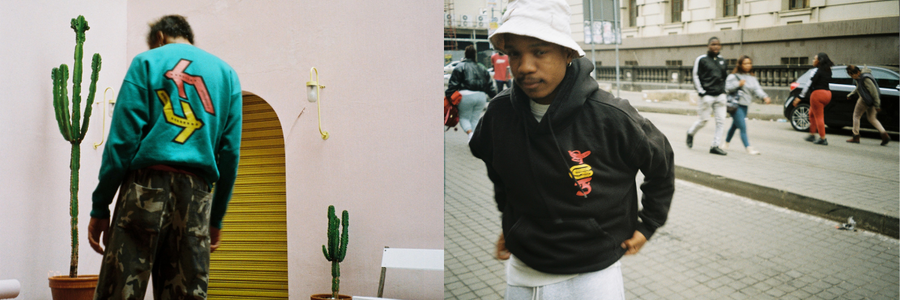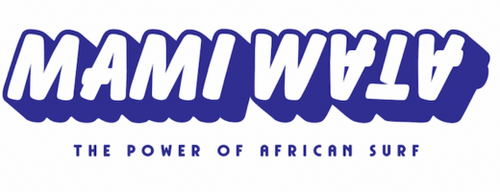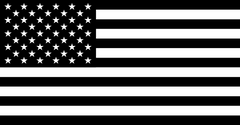The “Amerique-Afrique-Amerique” Collection - Mami Wata x 3thrifty5

‘Amerique-Afrique-Amerique’ is a limited Mami Wata collection of repurposed sweatshirts and hoodies from the Dunusa second-hand clothing market in Johannesburg, South Africa. Working with 3thrifty5, the Johannesburg-based second-hand clothing store, we have curated a collection of blank second-hand sweats and given them new life and meaning with Mami Wata graphics. Having travelled from the West, across Africa and eventually to Johannesburg, these items have now been repurposed/reappropriated and returned! This limited capsule collection is available in our LA store and our website, a full-circle movement of culture and clothing. Each product is a unique one-of-one item that talks to the exciting and important global influence of African creative culture and the Western context it often operates within.

The range encompasses two designs, ‘Arrows’ and ‘Planes’, which contemplate the journey of cultures and their return in a new form. The collection’s name is in French, ‘Amerique-Afrique-Amerique’, which reflects the official language of 21 of Africa’s 54 countries.

The apparel waste of the West, much of it worn just a few times, makes its way to Africa and trickles down to Dunusa market in Joburg. 53 million tons of clothing are destined to be exported, sent to the landfill or incinerated each year, 70% of this is destined for Africa. Decades of western style and fashion acquire new meanings in the hands and on the bodies of young creative thrifters in Johannesburg, some of whom are featured and profiled in the campaign for the collection.

Dunusa market is in downtown Johannesburg and spreads from Park Station, the largest railway station in the continent, to MTN Noord Taxi Rank in Hillbrow and takes its name from the Zulu verb meaning to have one’s ‘bum in the air.’ Dunusa is always a bustle of hawkers, pedestrians, police and resellers of second-hand textiles from sneakers, sweaters and jackets to curtains, bedding and lingerie; it is a melting pot of cosmopolitanism. Africa is concentrated within these blocks. Tinny Nigerian Afro-beat plays from shops, money is counted in French, clothes are hawked in Zulu, and commands are given in every African or colonial language.
The waste of the west becomes an entity and commodity of the Global South, and through the nuances of language, conversation, self-expression, and silk-screening, the blank canvas of clothing enables creativity and empowerment. As thrifting is a form of second-order consumption and is a diverse experience, and organisation, across the globe, so is creativity and fashion. Original items are reinterpreted into new designs, experiences, or juxtapositions. Decades of western fashion weeks find a new life with a uniquely African identity.
With ‘Amerique-Afrique-Amerique,’ Mami Wata and 3thrifty5, have repurposed and re-appropriated American blank crewnecks into a Pan-African closed-loop collection that evokes the cosmopolitanism and aesthetics of Dunusa, and reflects the potential of second-hand clothing and the young creatives involved.


The Afrique-Amerique-Afrique campaign and capsule tap into a rich pool of South African thrifters, giving a lens to the narratives, pursuits, and identities of those on the ground. Lebo, Declan, Nhlanhla, Durty, Mo, Audrey, Francesco, and Menzi, offer just a small, yet titillating taste, of the power of closed-loop consumption and creativity. Each individual has positively interpreted the unsustainable process of textile waste and mass consumption to empower their own goals and practices despite the social and economic barriers that face them.The Afrique-Amerique-Afrique collection is about the African agency within the appropriation of western contexts and clothing.

Pholani Mncube
The story of clothing and the history of materials and cuts drives Pholani Mncube’s practice. With a keen eye and encyclopaedic knowledge of high-fashion and workwear, Mncube sources gems for his store, FabrikHunter, and uses existing perspectives to craft his own unique narrative and ideology that showcases the beauty and history of age, wear, and tear. His repurposed pieces, and luxury archive, all tie into the ethos that second-hand clothing is not something to be ashamed of and that the ‘old can be the new.’ Mncube is informed by the materials, stains, and holes of garments, using imperfections as a genesis point and inspiration for his development.

Katlego Leroy Tsoagong
Is devoted to the entire process of sourcing second-hand clothes and then flipping them; his first love. Tsoagong is known as Durty (@durtybone) and revels in the irony of his nickname as he always has the cleanest fits. The influence and diversity of second-hand clothing has enthused his passion for art, product design, and fashion. Durty is firmly within the creative industry of Johannesburg, working for Africa’s leading streetwear store, Shelflife, and he yearns to be a Creative Director; because he knows what’s fly, more than anyone.

Nhlanhla Buys
Nhlanhla Buys was born and raised in the Vaal, just outside Johannesburg, where he still runs Hub Space which sells a wide variety of thrifted grails. Buys, outside of thrifting, is an event producer and production manager for the Dear Friends Agency and the mind, and manager, behind the local high-fashion 99 Design store in Braamfontein. Buys’ involvement in the events industry has allowed him to collaborate with and style for numerous well-known brands, his experience in thrift is the amalgam of experience and knowledge that allows him to convey an incredibly nuanced and in-depth style.

Audrey Tafadzwa Nyamucherera
The pure scale, chaos, and mountains of second-hand clothes in Dunusa are embraced by Audrey Tafadzwa Nyamucherera a Zimbabwean born, South African bred multi-hyphenate creative. From advertising to DJ'ing and modelling, he uses whatever he can find to develop a personal style and layered identity. Thrifting has helped sculpt his style beyond the cyclical nature of trends and find his own personality reflected in garments. Thrifting basic tees and well cut quality pieces, inspired the genesis of his brand HUBRIS, but lead to him repurposing denim pieces into his own unique creations. Nyamucherera is a copy-writer by trade and serves as the editor of BROKE BOYS in Cape Town.

Muhammad Abbas
Muhammad Abbas is a true Johannesburg flaneur; an astute, street-savvy, and creative and hustling businessman. Abbas founded and runs a radio and has an innovative and subversive clothing brand, all under the epithet of Slo-Mo-Skates, or SMS_co. He sells second-hand clothes to make ends meet and to provide for his addiction, and a record-breaking collection of archive Arc’teryx, Stone Island and Prada. Abbas has provided content for publications such as 032c and managed the award-winning and record-breaking DJ Doowap as well as accompanied her and her style on her ’22 European Tour.

Francesco Mbele
Francesco Mbele is a creative polymath in every sense of the term. Mbele is a curator for the Banele Khoza Gallery in Rosebank and has shot campaigns and modelled for brands such as Thebe Magugu Bombay Sapphire and Artclub & Friends. Mbele started in fashion because of his father’s deep reverence for vintage fashion magazines, and in turn, the fashion weeks and archives of the thrift. His brand, FRANASONIC, has a unique mid-00s aesthetic and incorporates upcycling and screen-printing to create inclusive capsule collections that reflect the emerging identity of Jozi. Mbele’s event collective, Ebumnandini, hosts uniquely Johannesburg events and has been profiled by Face Magazine.

Declan Gibbon
Declan Gibbon grew up stealing his father’s incredible collection of 1990s band merchandise printed on Fruit of the Loom crewnecks and single-stitched tees, and soon became immersed in the inner-city culture of thrifting. Gibbon runs the second-hand clothing store, 3thrifty5, works as a fashion journalist, and researches the second-hand clothing industry in Africa. He is about to pursue a Master's degree at Central Saint Martins in London.

Lebo Mahabane
Lebo was born in Diepkloof, Soweto, and is passionate about the representation of culture in all forms and mediums. Mahabane’s family, all with an innate eye for style and detail, imbued within him a strong sense of fashion and respect for vintage clothing, whether sourced from Jumble Sales or growing family members. His store, Jozi Vintage Plug, is one of the OG’s of Johannesburg’s thrift scene and began with people asking to buy his carefully curated clothes off of his back. Mahabane soon brought a backpack filled with his finds wherever he went, and before sunset, all his ‘stock’ would be sold. The young creative, and now stylist for the stars, has built a career from his exceptional taste, eye for second-hand clothing, and climbing the rungs of the fashion industry.






